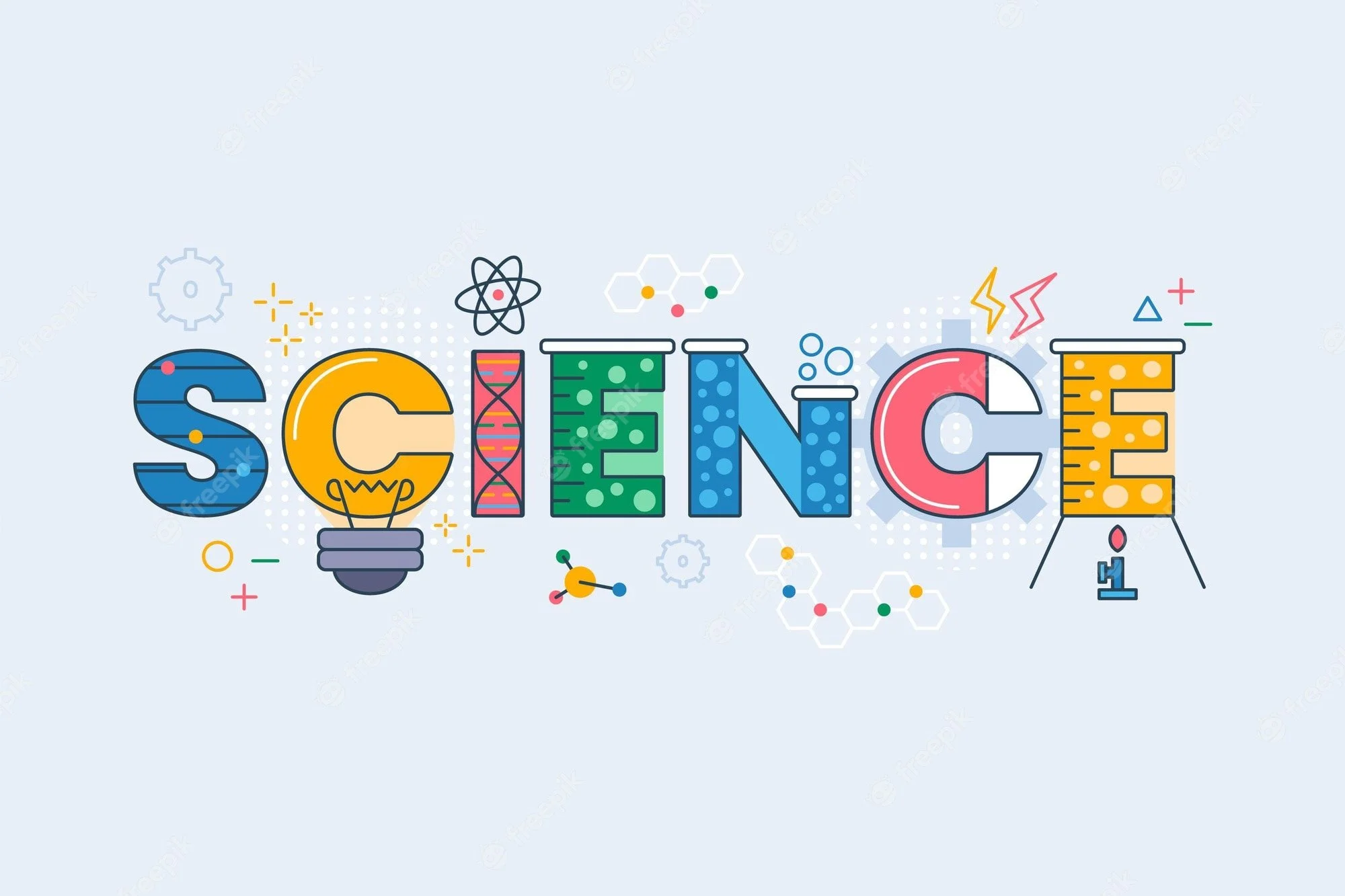

“Frame” the US Army…? Bro the great satan doesn’t need any framing, its sins are dripping from its fangs and claws.


“Frame” the US Army…? Bro the great satan doesn’t need any framing, its sins are dripping from its fangs and claws.


I didn’t claim anything tho…?


I was being pedantic. There is no such thing as Stalinism, that article is a joke. Stalin was just a Marxist Leninist.


Lol like that makes any difference?


What’s Stalinism 🤔


The real rich don’t pay any income tax tho? Not sure what you mean. Sure the high-income developers and engineers and lawyers etc. would become a richer, but they are not the rich, are they? The owners of the businesses they work at are. And they don’t pay income taxes.


https://youtu.be/31e0RcImReY?si=18IbWnHxRGAfticv
From the title it might not sound super related, but she goes super in depth on how these intelligence researches usually are extremely problematic. As in literally telling women that women did better in these tests made them perform as well or better than men in typically “male intelligence areas”. We don’t really understand intelligence, and how it develops, and how to measure it.
So ascribing higher or lower intelligence in certain fields to certain groups just doesn’t work. Irregardless for how statistically sound it might be. We just don’t understand the parameters around it well enough to control for it.


After seeing the most recent münecat video I don’t believe research like this anymore.


Yeah we made a huge mistake being born wrong 😕
That does make intuitive sense, but archeology shows otherwise. There was a much bigger diversity of gender roles and relationship structures/child rearing systems, including in agricultural societies.
The modern almost universal ideal of romantic monogamous nuclear relationships was born from romantic (as in the movement) puritan petit bourgeois ideals in the 19th century.
Working class women during the medieval age for example, worked and lived outside the home, had affairs etc. This changed around the 18th century with the hegemony of the bourgeoisie and working class mirroring of their ideals.
Basically while it’s true that patriarchal strictly dichotomous societies existed for as long as we can tell, And that they have prevailed and “won out”. But doesn’t mean they are the norm for humanity. Their universality is extremely recent.
Just a small correction: most people look at relationships in terms of some very rigid ideals that were set a couple centuries ago at most.


Just play as Sweden to get the hang of things 🤷♂️
But people LOOK like they can kill. They are no fuzzy and cuddly…
Hummmm… I can think of a couple more historical events that follow a similar pattern…


It’s not. It’s about the real implications it might have, such as for eugenics and genetically enhanced soldiers. But it also does talk a lot about the real good it does and can do. But the main points are about those two topics. That like with every technology, the issue is the social and political structures around their use. And also how eugenics never really went away. In many ways it’s using CRISPR to start a conversation about eugenics tbh.


You don’t know what you are talking about lmao
The Why Files is one of the best YouTube channels out there. They talk about fringe and conspiracy subjects but debunk them. You didn’t even watch the video and you are just making a BUNCH of assumptions that have nothing to do with it.


It looks like it has a more snake-like body, or more like a Chinese dragon.


Luddites were not anti-technology. They saw the progress of technology IN a primitive capitalist system and understood that technology would never benefit them, and always be used to subjugate them more.
If technology only benefits 0.1% of the world, and leads to the world dying, does it benefit humanity at all?
I do understand all that. But explain this, how are all these commodity producing worker owned business regulated? How do they operate on a market? Who sets and controls this market? Who ensures collective property of the means of production?
Socialism as an economic model with the workers owning the means of production kinda still has commodity production, money etc. otherwise the whole concept of a collectively owned business makes no sense.
Unless you advocate for the complete atomization of groups into self-sufficient cells that have no organisation between them, to me you are still describing a state.
Also, can’t workers be in direct control of their means of production in a socialist state? What mechanically or physically impedes that? Like coops were a major part of the soviet model, right?
How long do you envision the transition from capitalism to socialism/communism to take then?
(Also also, Marx did talk a lot about “lower stage” communism or socialism later in life. Also about how a revolution could move towards a completely free worker’s state instead of going through an authoritarian phase - he had correspondence with a revolutionary peasant woman in Russia about this it’s really interesting, if I find it I’ll share).
Idgaf, death to America